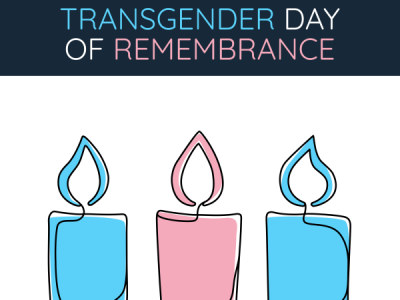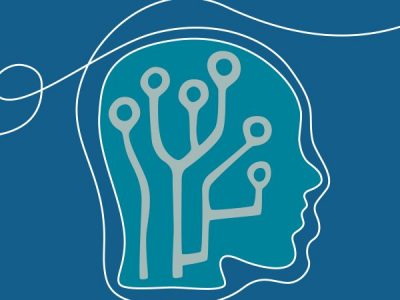Menopause and the workplace
Menopause is defined as a full year without a period and on average this happens to women around the age of 51. Before that comes perimenopause, which can last for years and be far from pleasant. Of the people who experience menopause, 63% will feel symptoms are negatively affecting their performance at work, causing 1 in 4 to consider reducing hours or leaving work.
Perimenopause and menopause are caused due to hormone changes in the body which occur naturally with age. Transgender and non-binary colleagues can also experience similar effects due to the hormonal changes required for transition. The symptoms are the same, but the root cause is different.
For many, menopause quite frankly sucks! Symptoms are a joy and can include:
- Heart palpitations
- Difficulty concentrating
- Tiredness
- Hot flushes
- Mood changes, anxiety
- Brain fog
- Joint pain
- Needing the loo more
- Sleep issues
It can creep up. Slowly over time you start to lose a sense of self, feeling like you are useless with raging emotions and sometimes crippling anxiety. Tears come when not expected or wanted. Grief can be overwhelming. Sleep becomes a memory.
As a woman you know menopause is coming. You may have read about it but are never really prepared for it. My self-image was of a loving, efficient mother and business owner able to multitask and context change with the best of them. What I did not expect to become was a sobbing, raging mirror of myself, angry about shoes being left out and not always able to concentrate at work. I lost the ability to use words and felt isolated. Only by starting HRT did I realise how far I had strayed from my path. It was like having a light switched on again.
Talking about going through perimenopause is hard especially in the workplace. Women have been fighting for decades to be equal, something we have yet to achieve, so admitting we are struggling because of biology is not easy. You worry about being viewed as a middle-aged woman, an inconvenient distraction to the workday. Someone past their prime.
This is not and should not be the case. We need to be able to get support in our workplace, to be able to discuss our needs with our line managers and team leads. It is equally as important to help our male colleagues understand and listen. Women recognise it can be embarrassing for them so support should go both ways. We should not sweep these changes under the rug for fear of being side-lined or ridiculed. Women’s bodies are amazing, capable of giving life. We are powerful at all stages of our lives and need to learn to express that and ask for help when needed.
Just as we make adjustments for new parents or those with disabilities, so we should for those going through menopause. Women of menopausal age make up 11% of all people in employment and 23% of all women in employment. We cannot afford to lose them and their experience. Let’s talk about menopause and how we can help.


